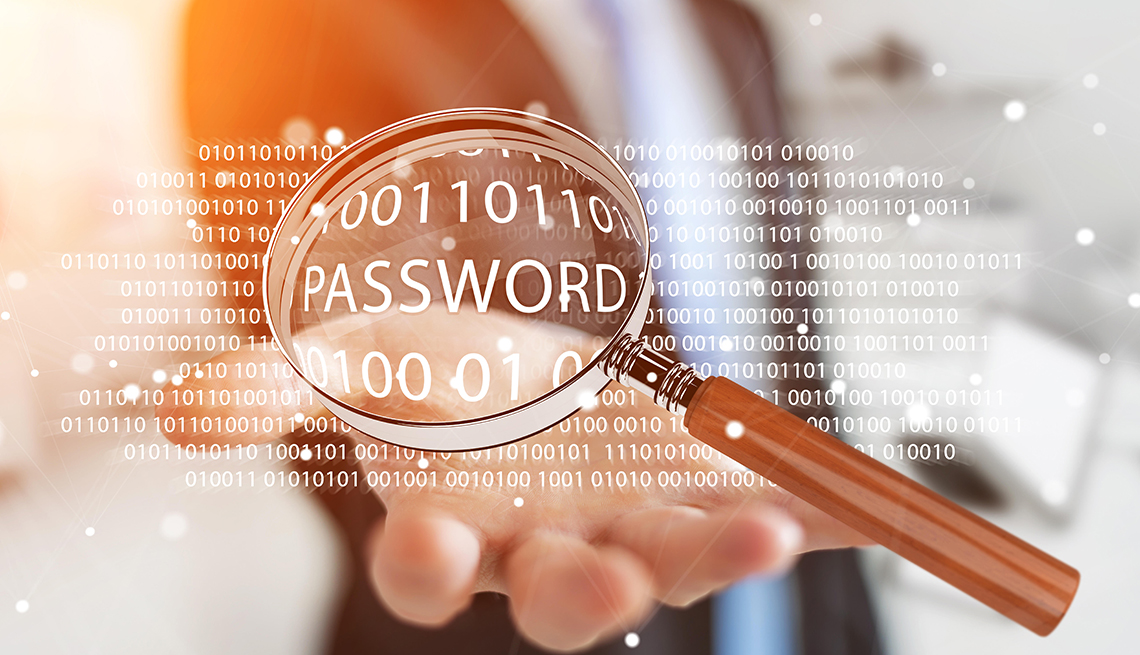AARP Hearing Center
Many Americans fail to take even the most basic steps to protect their digital identity, from monitoring their banking accounts online to varying their passwords to setting up a security freeze on their credit reports, according to a new AARP survey.
The survey found that fewer than half (43 percent) of adults over age 18 have online access to all of their bank accounts. Older adults are even less likely to be plugged in, with only 37 percent of those age 50 to 64 and 33 percent of those 65 and older having access.
More adults (57 percent) are likely to have online access to all their credit card accounts, but again older adults lag behind. About 70 percent of those age 18 to 49 have set up online credit card access, compared to 52 percent of adults age 50 to 64 and 37 percent of adults over age 65.
In addition, even though almost half (47 percent) of the adults surveyed say they have spotted bogus charges on their credit or debit cards, only 14 percent have requested a security freeze on their credit data. A freeze restricts access to a consumer’s credit report, making it more difficult for criminals to open fraudulent accounts in his or her name.



































































